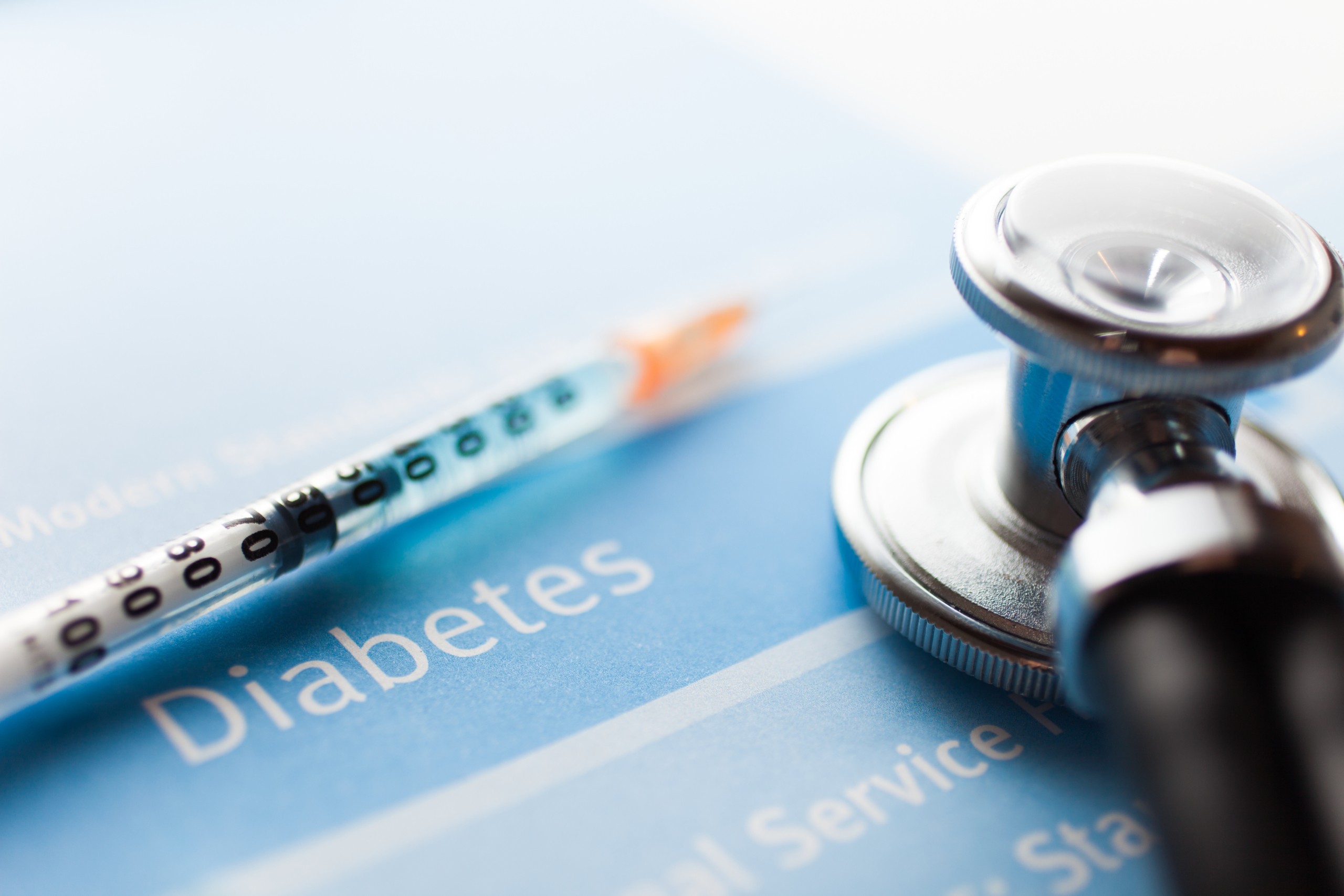Diabetes, a chronic metabolic condition characterized by high blood sugar levels, has long been known to affect various aspects of health. From heart disease to nerve damage, its impact on the body is wide-ranging. But what about its effect on male fertility? Both type 1 diabetes and type 2 diabetes could negatively affect male fertility, especially sperm quality, motility and sperm DNA integrity. This article explains the relationship between diabetes and male fertility.
How does diabetes affect male fertility?
Male fertility relies heavily on the proper functioning of the testes, where sperm production occurs. Diabetes disrupts the delicate balance required for everything to work seamlessly. One of the primary ways it does so is through its impact on blood vessels and nerves. Diabetes damages the network of nerves that connect the brain to the rest of the body, including those controlling sexual function. Additionally, a 2023 study found that metabolic changes, hormonal dysfunction and inflammatory disturbance might also be behind subfertility in diabetic subfertile men. This damage and changes lead to several reproductive health issues:
Suboptimal sperm production and quality
Men with diabetes may have lower sperm counts and reduced sperm motility (the ability for sperm to swim effectively) and concentration. There may also be an increase in abnormal sperm morphology, making it more difficult to conceive.
Erectile dysfunction
While erectile dysfunction can have multiple causes, including psychological, the damage to blood vessels and nerves due to high blood sugar or high blood pressure can significantly contribute to its development. Certain medicines used to treat high blood pressure can also contribute to erectile dysfunction.
Ejaculatory dysfunction
Diabetes can lead to delayed ejaculation or retrograde ejaculation (when the semen moves backwards into the bladder instead of being ejaculated).
Decreased testosterone
A decrease in testosterone levels is also associated with diabetes. Decreased testosterone can affect sex drive, ejaculation, erection and sperm.
Risk of genitourinary infections
People with type 2 diabetes are more prone to genitourinary infections, which impact both the genital organs and the urinary tract. These infections can impair male fertility through inflammation-induced blockages in the reproductive tract and harm sperm quality and function.
Conceiving with Diabetes
While the effects of diabetes are wide-ranging, managing the condition effectively can mitigate many of its effects on male fertility. This involves careful monitoring of blood glucose, blood pressure and cholesterol levels. Well-managed blood glucose levels reduce the risk of erectile dysfunction, balance testosterone levels, and improve sex drive. Type 2 diabetes management should also include a healthy lifestyle by exercising regularly, maintaining a healthy weight, following diet recommendations and taking the medication prescribed. It’s encouraging to note that damage done to male fertility by type 2 diabetes can be prevented or delayed in up to 60% of cases by making sustainable changes in daily habits.
Speak to your healthcare provider for guidance and support if you plan to start a family. You can also check and monitor your sperm parameters and take note of any fluctuations. The YO Home Sperm Test empowers you to learn about your fertility in the privacy of your own home. The test measures Motile Sperm Concentration, a YO Score, and records a live video to share with your healthcare provider.
While diabetes affects male fertility, it’s not unmanageable. Taking a proactive approach to your diagnosis, including seeking medical care and making healthy lifestyle choices, can help you build your dream family.







